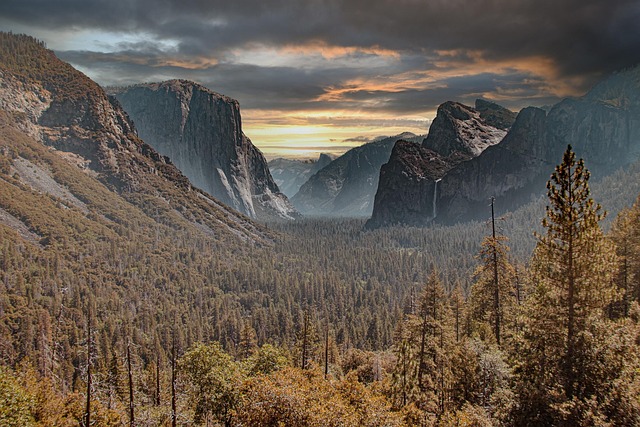Montana Takes Unprecedented Step to Ban TikTok
HELENA, MT – In a move sparking national debate, the Montana legislature passed a first-of-its-kind bill aiming to ban the operation of TikTok statewide. The legislation, signed into law but facing significant legal opposition before its scheduled implementation, represents the most aggressive state-level action yet against the popular social media platform, citing data security and national security risks tied to its Chinese ownership.
Security Concerns Fuel Legislative Push
The primary impetus behind the ban is the concern that TikTok, owned by ByteDance, could be compelled by Beijing to share user data with the Chinese government. Critics argue this poses a significant risk to the privacy and security of Americans. "We cannot afford to allow the Chinese Communist Party potential access to Montanans' data," stated Representative John Smith, a key sponsor of the bill. "This legislation is about protecting our citizens from potential espionage and foreign influence."
Bill Details: Scope and Enforcement Strategy
The law prohibits app stores (like Google Play and Apple App Store) from offering TikTok downloads within Montana and makes it illegal for TikTok itself to operate in the state. Enforcement focuses on these entities, potentially levying significant daily fines for non-compliance. Crucially, the bill does not penalize individual users for finding ways to access the app. The strategy is to block availability at the source – the app stores and the company itself. 'The intent is to make TikTok unavailable within Montana's borders,' explained a legislative source.
First Amendment Concerns and Inevitable Legal Challenges

Opponents immediately decried the law as infringing on First Amendment rights to free speech and expression. Legal challenges were swiftly filed, arguing the ban is government overreach restricting Montanans' access to information and ability to communicate. Critics contend that while data security concerns are valid, a complete platform ban is a disproportionate response that could set a dangerous precedent, suggesting targeted data privacy regulations would be more appropriate and constitutional.
National Implications and Ongoing Debate

Montana's pioneering, though currently blocked, ban serves as a potential test case for other states and even federal lawmakers grappling with similar concerns about foreign-owned applications. The outcome of the ongoing legal battles will significantly influence the future regulatory landscape for social media platforms operating in the United States. Federal lawmakers continue debating national measures to address data security risks associated with apps like TikTok.
Current Status and Next Steps
Governor Greg Gianforte signed the bill into law. However, its implementation, scheduled for January 1, 2026, is currently blocked by a preliminary court injunction secured by opponents citing likely First Amendment violations. The state is appealing this ruling. The final outcome hinges on this ongoing legal battle, which could take years to resolve.
